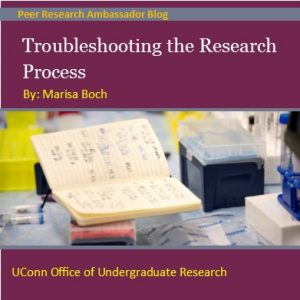By: Soumya Kundu, OUR Peer Research Ambassador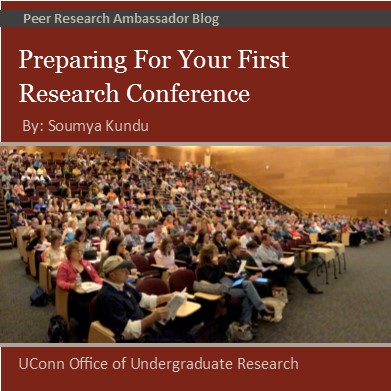
Your first research conference will be one of the most exciting experiences of your research career. After spending months working in your lab, this is going to be your first opportunity to meet other researchers in your field outside of your university, catch a glimpse of some of the work being done by peers at other institutions, and maybe even present your own work! However, as with most new experiences, there is always a degree of anxiety that comes with the uncertainty of not knowing what to expect at your first conference. Here, I will offer a few simple pieces of advice that can help you prepare to make the most of this valuable opportunity. Continue reading
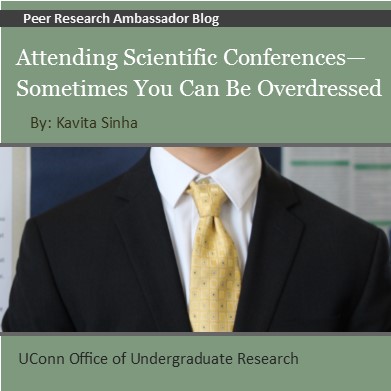
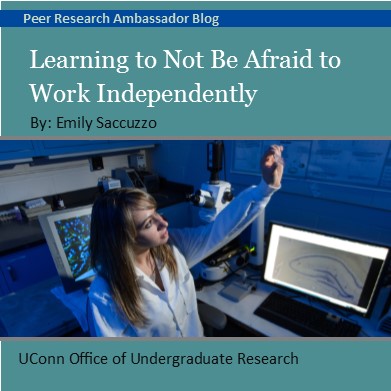
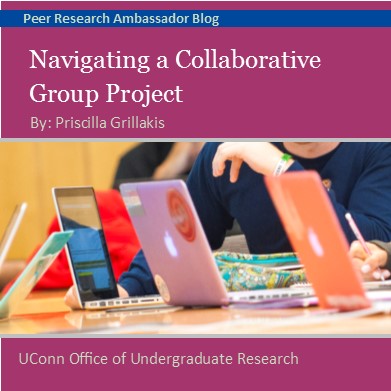
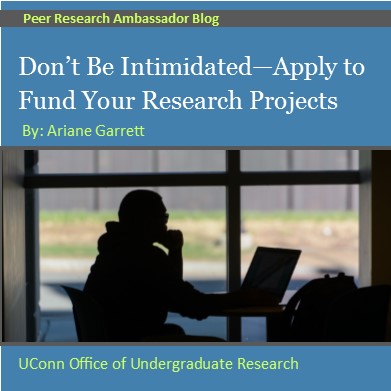
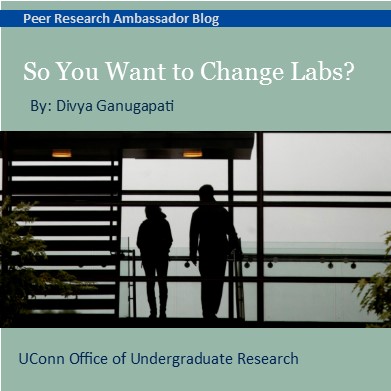
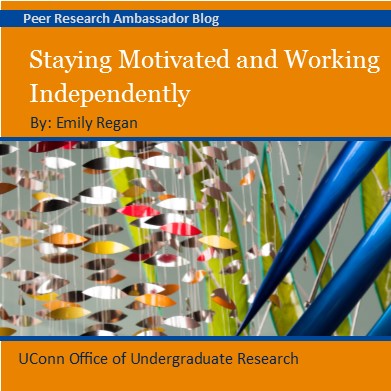
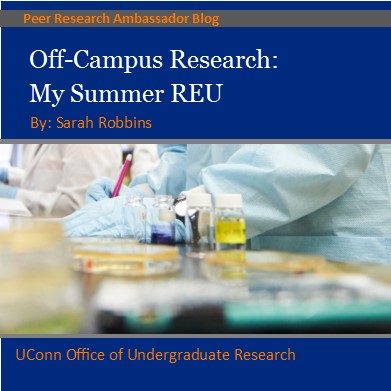
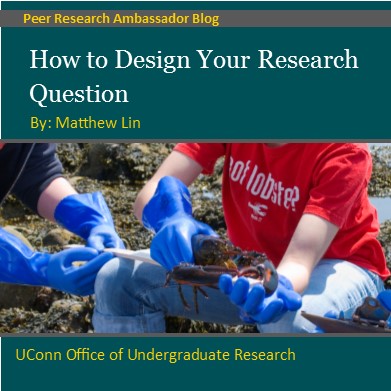 By: Matthew Lin, OUR Peer Research Ambassador
By: Matthew Lin, OUR Peer Research Ambassador